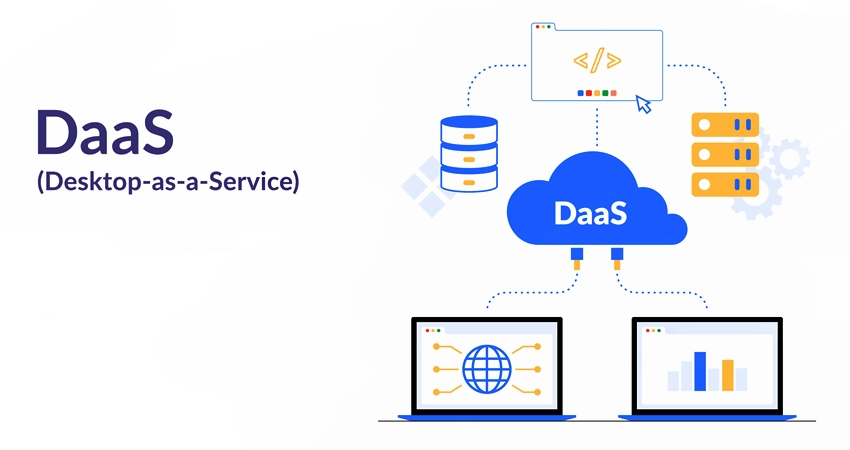Decentralized finance (DeFi) refers to cryptocurrency assets and also NFT that you can use to purchase or transact on sites like VulkanBet. Recently, there was a move where companies are now going to use the system as a service, which they dubbed DaaS or DeFi as a service.
So, what is DaaS, and how does it work? What are its merits, and value, and what benefits can we expect? Today, we will explore all of these to help you understand the fundamentals of DaaS.
What Is Daas?
DaaS is a set of processes and services where traditional financial institutions and even crypto institutions can access services quickly and securely. What many people know is SaaS, or software as a service, where instead of people buying the software permanently, they only pay for it when they need it.

Even a financial institution needs to outsource some work. For example, a bank does not necessarily do a credit investigation. They outsource it to someone else.
For example, let us say that you need a website. You can subscribe to a service called Elementor, which will help you design a website. For as long as you are a paying member, you will receive such services. Once you stop your subscription, you will no longer have access to it.
DaaS works on a similar framework. Financial institutions need a service like validating a transaction, making sales, financial management, and many other things. Instead of these institutions building their proprietary decentralized finance network, they just have to rent it from someone else who already has the system.
What Is DeFi?
Decentralized finance of DeFi is a financial technology where no single entity has control of the financial ecosystem. A central bank is centralized, as all the things that happen in that currency or money are decided by the central bank.
Decentralized finance is like bitcoin, where the entire community involved in the processing of transactions has a copy of the transaction. In a typical centralized network, you have to work with a broker.
In DeFi, you do not need a broker or a middleman. Instead, the transactions and validation thereof are all peer-to-peer. Because there is no centralized entity governing the transactions, they are more transparent and less costly.
In decentralized finance, you do not have to pay hefty fees because not a single entity is really profiteering from it. People who participate in it have a secure digital wallet where they store their assets. Since DeFi works on a peer-to-peer basis, you only need an internet connection to complete a transaction.
The Role of DaaS
Since cryptocurrencies are already in place, why is there a need for DaaS? What services are these? Well, any businesses need a transactional validation method. DeFi, or peer-to-peer systems, is what many people dub internet 3.0.
Companies need massive resources to implement internet 3.0, so much so that they would have to spend millions of dollars to make it work and convince people to use it. Instead of going this route, why not just use existing services for decentralized finance that are already there?
A good example is Universe.Money. It is DaaS that sits on the Avalanche blockchain, and its main incentive is Staking. So, as a DaaS, how does it work?
- You will be an investor
- You will buy the Universe token, called UNIV
- With it, you will create an NFT planet
- You must own 100,000 UNIV to create a planet
- The planet will reward 1% to 3% per day
- The reward you get is UNIV
- The reward can get compounded.
There are no fees in this DaaS system. Eventually, users like you will also be able to vote on how to govern the system. Now, since the planet you own is an NFT, you can transfer it from wallet to wallet. In addition to this, you can also sell your planet to other people if you do not want it anymore.
Now, if you were a business-driven entity where you want people to use blockchain for, let us say, your game, then all you have to do is do business with Universe and use their existing NFT and blockchain.
Another use case is an online casino. Let us say that you built an online casino and want to accept your players’ tokens and coins. Instead of building your own token or NFT system, just use what already exists.
DeFi is becoming pretty much a standard nowadays. While governments are beginning to intervene, there will come a time when centralized financial systems will only be second place below DeFi.
With DeFi, only you, the investor, are responsible for your money. In addition, DeFi removes all of the hoops and legal blocks that investors have to face. DeFi, being transparent, is also much easier to use and understand. The only downside is that it is extremely volatile.

